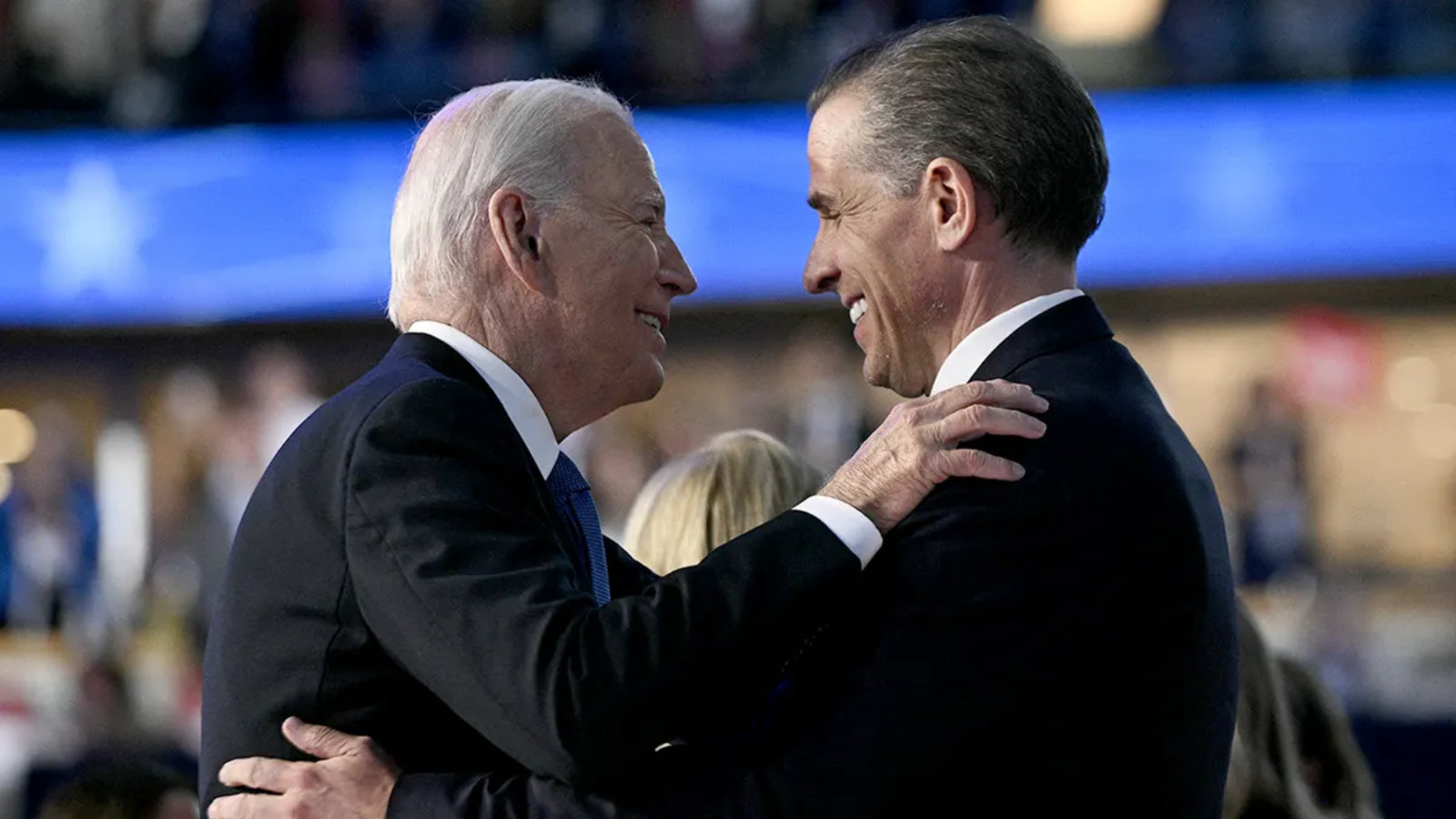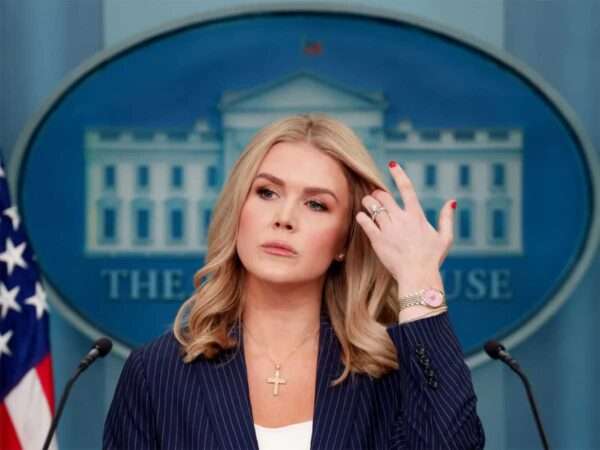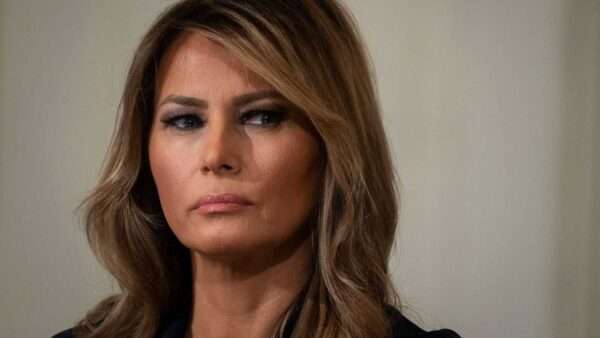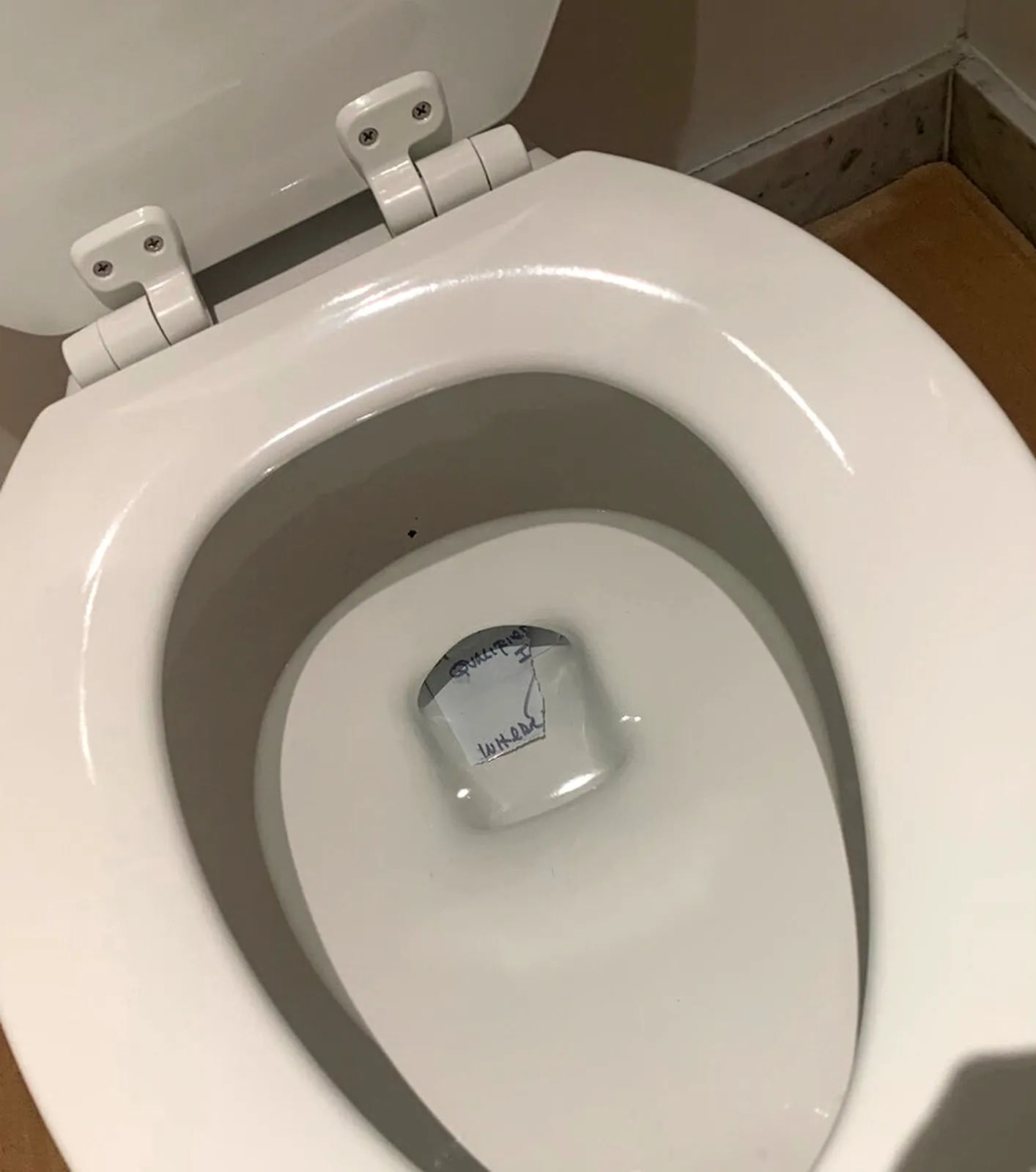Key Takeaways
- President Joe Biden issued a full pardon to his son, Hunter Biden, for federal gun and tax charges.
- Former President Donald Trump expressed support for the pardon, indicating he might pardon his own children if necessary.
- The move has sparked debates about the use of presidential pardon powers and potential political implications.
In a surprising turn of events, President Joe Biden granted a full and unconditional pardon to his son, Hunter Biden, who was facing federal charges related to gun possession and tax evasion. The decision has ignited discussions across the political spectrum, with former President Donald Trump weighing in with his support.
Biden’s Controversial Pardon
On December 1, 2024, President Biden pardoned Hunter Biden, citing what he described as “selective and unfair prosecution” driven by political motives. This action marked a reversal from his earlier stance, where he had pledged not to intervene in his son’s legal matters. The pardon covers offenses committed over a decade, effectively shielding Hunter from further federal prosecution on related charges.
Trump’s Response
Former President Trump, known for his outspoken views, expressed support for Biden’s decision. He suggested that, under similar circumstances, he would consider pardoning his own children. “When one of my kids gets caught, depending on who it is, I’ll probably pardon them too,” Trump remarked during a recent interview.
Political Repercussions
The pardon has drawn criticism from various quarters. Some view it as an abuse of presidential power, while others see it as a compassionate act by a father. Trump’s endorsement adds another layer to the debate, especially given his history of issuing pardons during his presidency.
Legal experts note that while presidential pardons are constitutional, their use in cases involving family members is rare and often contentious. The situation raises questions about the impartiality of the justice system and the ethical considerations of such decisions.
Looking Ahead
As the political landscape evolves, the implications of this pardon—and Trump’s response—will continue to unfold. Observers are keenly watching how these developments might influence public perception and future presidential actions regarding the use of pardon powers.















